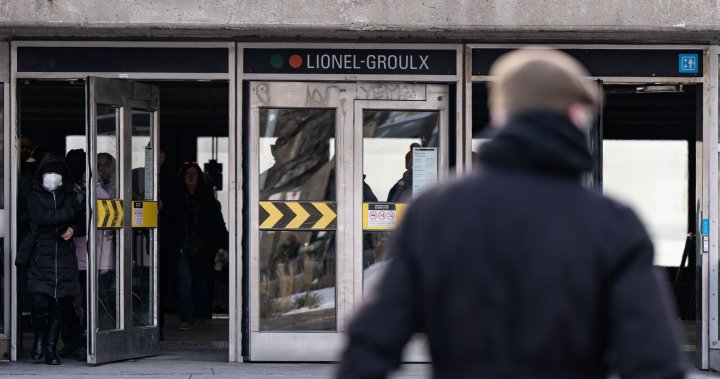The legacy of Lionel Groulx, a prominent Quebec priest, historian, and nationalist figure, is facing intense scrutiny in contemporary Quebec, sparking debates around historical figures and their problematic views. Groulx, born in 1878 near Montreal, played a significant role in professionalizing the field of history in Quebec and became an influential intellectual force, coining the iconic phrase “maîtres chez nous” (masters in our own house), later adopted as a rallying cry during the Quiet Revolution. However, his conservative nationalist ideology was permeated with racist and antisemitic sentiments, including the belief that French-Canadian Catholics were a divinely chosen people. This has led to calls for the removal of his name from public spaces and institutions, mirroring similar debates surrounding historical figures across the globe.
The Institut d’histoire de l’Amérique française, a historical organization founded by Groulx himself in 1946, recently chose to remove his name from its prestigious annual prize after a majority of its members voted in favor of the change. The institute recognized the growing awareness of diversity and the reassessment of colonial narratives, concluding that Groulx’s name no longer served as a unifying symbol. While acknowledging the complexity of Groulx’s legacy, the institute president emphasized that this decision was not about erasing history but rather about fostering a more nuanced understanding of his contributions and flaws. They intend to create a dedicated webpage on their site to provide a comprehensive account of Groulx’s life and work.
Comparisons between Groulx and Sir John A. Macdonald, Canada’s first prime minister whose statue was toppled in Montreal due to his role in the residential school system, are inevitable. However, distinctions exist. While Macdonald was directly involved in the forced displacement of Indigenous peoples and other atrocities, Groulx’s impact stemmed primarily from his writings and influence on nationalist thought. Even during his lifetime, Groulx was a controversial figure, suggesting his views were not simply a reflection of his time but were, even then, considered problematic.
This debate extends beyond academic circles. Several Quebec municipalities with locations bearing Groulx’s name are contemplating renaming them, including Gatineau and Ste-Julie. In Montreal, despite a petition signed by over 26,000 people to rename the Lionel-Groulx metro station after jazz icon Oscar Peterson, the city decided to retain the name, citing a lack of consensus on Groulx’s legacy. Similar discussions occurred at the Université de Montréal, where professors requested the renaming of a campus building. Ultimately, the university opted to keep the name while acknowledging the problematic aspects of Groulx’s work and emphasizing the need for critical engagement with his legacy.
The complexities of grappling with historical figures whose contributions are intertwined with problematic views present a significant challenge. While some argue for the complete removal of such names from public spaces, others advocate for contextualization and critical examination. A key aspect of this debate revolves around balancing the recognition of historical contributions with the acknowledgement of harmful ideologies. How do we commemorate historical figures while also holding them accountable for their problematic beliefs and actions? This question is being grappled with across various contexts, as society increasingly engages with its past and seeks to create more inclusive and representative public spaces.
The case of Lionel Groulx exemplifies the intricacies of these debates, highlighting the challenges of reconciling historical contributions with problematic legacies. The responses from various institutions, ranging from renaming prizes to maintaining names while adding contextualization, demonstrate the diverse approaches being taken to navigate this complex terrain. The ongoing dialogue reflects a broader societal shift towards critically examining historical figures and their impact, with a growing emphasis on acknowledging the harm caused by racist, antisemitic, and other discriminatory views. The discussion around Groulx serves as a microcosm of broader societal efforts to confront the past and create more inclusive narratives for the future.










